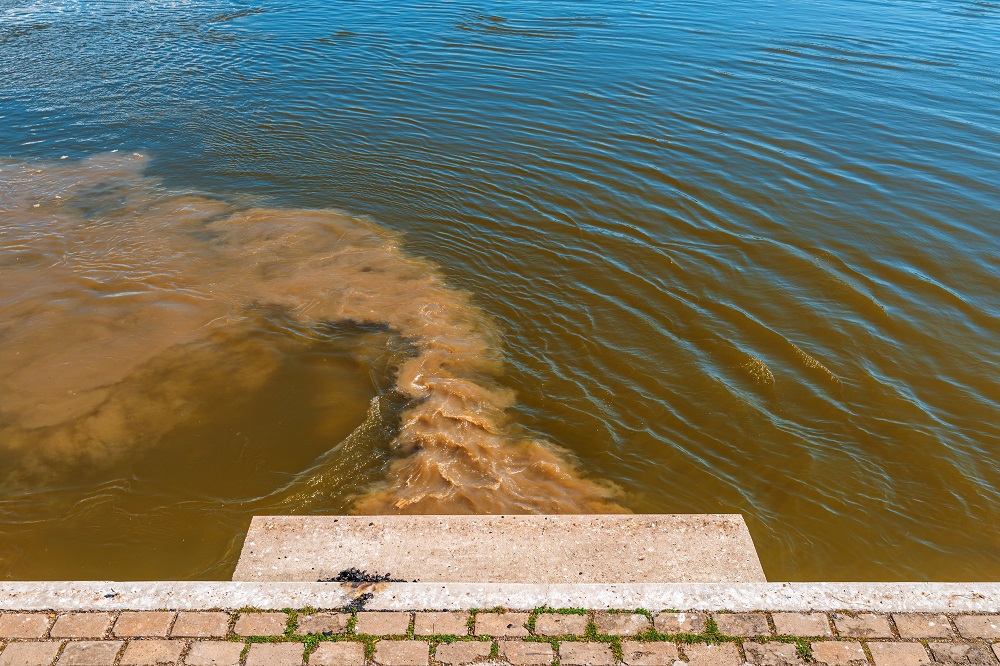Calls for major changes from Dŵr Cymru after damning NRW report

Dŵr Cymru has been urged to make major changes after an annual review of the company’s performance.
Following the review National Resources Wales has downgraded Wales’s largest water company to a two-star rating (requires improvement) following a further decline in environmental performance.
After a “disappointing” performance in 2021, the new report reveals that pollution incidents rose by 7% in 2022, with those having a high or significant impact rising from three to five.
The company also failed to make improvements to the number of incidents self-reported to NRW, falling to 65%, a decrease of 7% from 2021.
Water companies are expected to self-report incidents to NRW before others do.
Without a rapid response, the impact of pollution can escalate and the opportunity for mitigation measures can be lost.
In 2022, Dŵr Cymru Welsh Water caused 89 sewage pollution incidents. 84 of these were categorised as having a low environmental impact. Five incidents were classed as having a high or significant impact.
Step change
In response to the report, NRW’s Chief Executive Clare Pillman called for a “step change in performance that is so clearly needed and called for by us and the public.”
“It is very disappointing that Dŵr Cymru Welsh Water’s performance has continued to decline,” Ms Pillman said.
“Water companies need to take urgent and sustained action to make the changes needed to address the significant pollution incidents we are seeing in our waters.
“In the face of the climate and nature emergencies, the need to act now is ever more important, as our ageing sewer network comes under greater pressure.
“Without sufficient investment and a strong performance management framework from water companies, the environment will continue to pay the price. In our meetings with Dŵr Cymru Welsh Water we have been very clear about the improvements they must deliver.”
Disappointed
A spokesperson for Welsh Water said it takes its responsibility “very seriously” and the company is “disappointed” its rating has been reduced.
The company said it is “working tirelessly to deliver the improvements required” while experiencing “more severe weather events and extreme variation in the climate”.
“While we recorded five serious pollution incidents for 2022, compared with three in 2021, we have the second lowest level of total pollution incidents in the water industry, with the number of pollution incidents having halved over the past 10 years,” the spokesperson added.
“We are sorry, however, for any environmental harm that we have caused.”
Expectations for improvements outlined in the report, include a requirement to reduce the number of sewerage pollution incidents year on year, halting all significant pollution incidents and reversing the decline in the self-reporting of incidents.
The performance of Hafren Dyfrdwy, supplier of drinking water and wastewater services to parts of north east and mid Wales, has also been reviewed but is not subject to a star rating due to its relatively small operating area in Wales.
The company was found to have made improvements in the number of pollution incidents, from eight in 2021 to four in 2022, reporting no significant pollution incidents.
However, NRW is still pressing the company to improve its rate of self-reporting incidents, after the company only self-reported two out of four incidents, compared with six out of eight incidents in 2021.
The reports are available to view in full on the NRW website here and here.
Support our Nation today
For the price of a cup of coffee a month you can help us create an independent, not-for-profit, national news service for the people of Wales, by the people of Wales.






